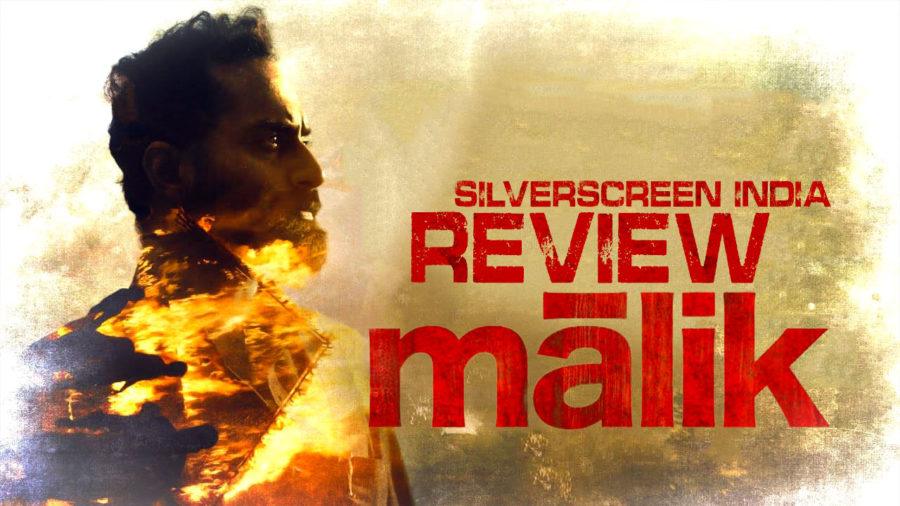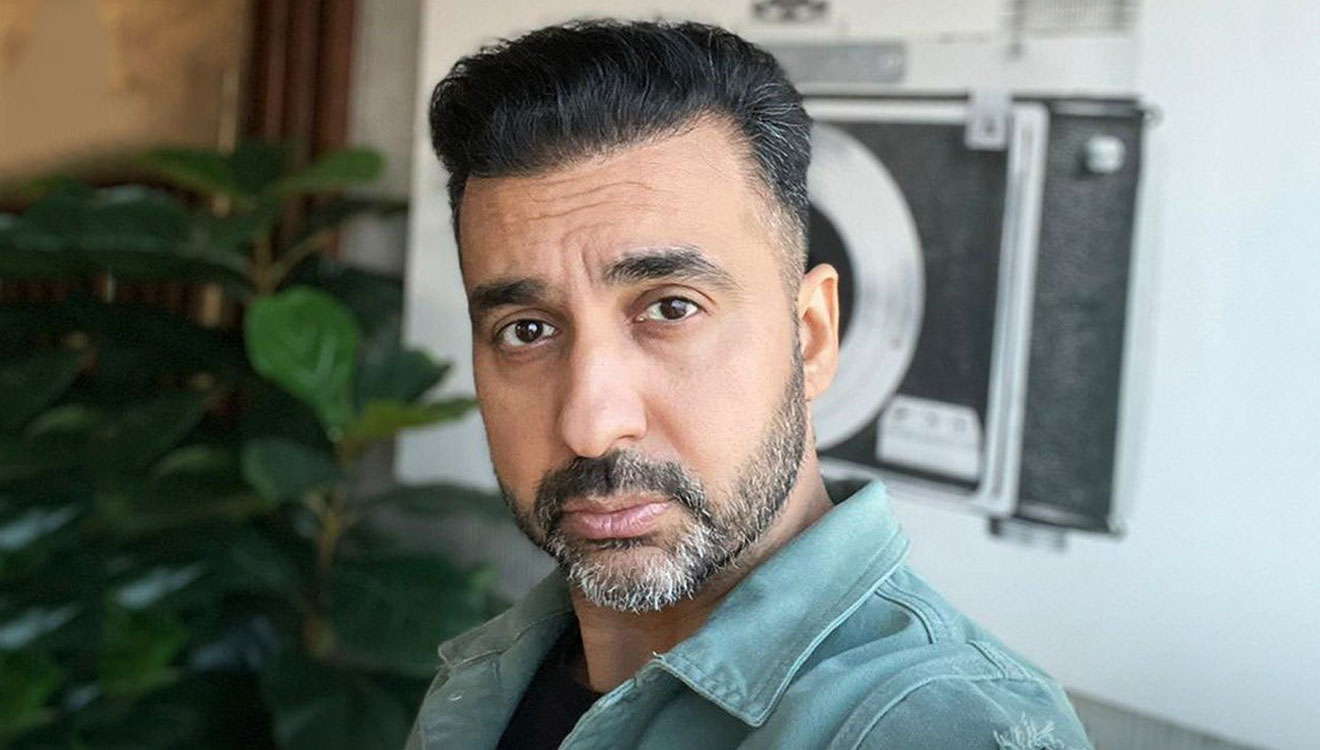Malik was filmed in 2019, when the world was blissfully unaware of the coming of a pandemic that would swallow its simple pleasures, a time that now seems so remote. The 12-minute single-shot sequence at the beginning of the film was designed for the uninterrupted movie-watching that cinema halls guarantee.
Suleiman Ali (Fahadh Faasil), the venerable leader of Ramadapalli, a fictional seaside neighbourhood in southern Kerala, is leaving for the annual Hajj pilgrimage. In the relentlessly designed opening shot (cinematographer Sanu John Varghese), the camera moves through his mansion overflowing with guests — the townspeople who have come out to see him off — revealing the size of his life and persona. The tension in the air is palpable. The faces of his wife, Roselyn (Nimisha Sajayan), and close friends are sullen, for they know of the dangers that could fall on Ali once he crosses the safety of Ramadapalli. A subtle hint of the troubled life he has led. There are mentions of his estranged mother (Jalaja) who has refused to meet him despite his pleas, and the unhealed memories of his dead son.
Ali isn’t a typical gangster movie hero. He is slim and petite. In the opening sequence, his shoulders are hunched and his eyes are cast down. A brief heated exchange with his wife, Roselyn (Nimisha Sajayan), suggests that he hasn’t completely resigned to a life of spirituality. He has work to do; the town needs to be guarded against encroachers. The night ends with his arrest at the airport by a special police team, shot from the POV of a surveillance camera, for a criminal case from 13 years ago.
Malik, directed by Mahesh Narayanan, is a fictionised retelling of the Beemapalli police firing, an incident that killed six fishermen and injured 52 others in May 2009. Over 160 minutes long, the film is lengthier than any Malayalam direct-to-OTT movie released in the last two years.
The hero-centric narrative brings to mind Mani Ratnam’s Nayakan (1987) that followed a similar epic structure. Both the movies end with the fall of the good man who strived to pull his marginalised community out of poverty and social deprivation. The hero meets with comeuppance, the result of a cycle of violence. The state is a conniving outsider that uses the police force to terrorise the community and rob its only asset, the land.
Despite the outward similarities, Malik doesn’t achieve what Nayakan or Kammattipadam (2016) did. The fascinating story drawn from real life doesn’t get an equally impressive cinematic treatment, largely as Narayanan cannot walk the line between matter-of-fact surface realism and the lyricism the story demands. Tragedies, betrayals and instances of violence galore in the narrative, but none of them hit the viewer as intensely as they should.
In 2017, Lijo Jose Pellissery famously brought back the spirit of gangster movies through his Angamaly Diaries, a joyous film that threw moral concerns into the wind, mirroring the period Malayalam cinema had been passing through. Mahesh’s filmmaking techniques in Malik are a complete foil to Pellissery’s kinetic style. Every moment looks strangulated and compressed to fit into a certain worldview. The delicate personal moments that should help the viewer identify with the hero or the culture where he exists are too few or too weak to make an impact. The son’s death is a pivotal plot point, but barring one blink-and-miss instance, the boy does not appear in the film.
The film etches out Ali’s life through three extended flashback sequences narrated by three different people one after another. Like Joshua of Trance (2020), he bears resemblances with the Messiah. There is a halo of a myth around his head — in his own mother’s words, he came back from the dead at the age of 6. There is little moral ambiguity in his characterisation. Even the gory murder he commits at one point is filmed like an act of destiny. He doesn’t flinch at the sight of blood or seem the slightest confused.
Scenes from Ali’s teenage is set against a foot-tapping background score that envelops the spur-of-the-moment adolescent rebellion in clichéd revolutionary zeal. Unlike his friends David (Vinay Forrt) and Peter (Dinesh Nair) who want to make some quick money, Ali has greater ambitions. A decent grave for his dead father. A town where his people can live in dignity. A future for the youngsters in his community.
The film takes a desultorily predictable course. Abu (Dileesh Pothan) is the Iago to Ali’s Othello, the antagonist who sows the seeds of greed for power and wealth in others. But the movie portrays David’s change of heart without clarity or grace, too swiftly and clinically. In the final hour, the narrative dwindles into a simplistic murder drama that throws no surprises.
A sense of misplaced confidence juts out of Fahadh’s performance as Ali. There is no sign of vulnerability in the actor’s mannerisms, even in the scene where he proposes a marital alliance to his best friend or when he meets his mother to invite her to the opening of the school. Lyricist Anwar Ali gives Nimisha’s Roselyn the profundity the film does not offer her through his song Theerame. The actress, a fine performer, is relegated to Fahadh’s shadow, as the mother of Ali’s children and a distressed wife.
Recommended
A sense of cynicism prevails over the film’s portrayal of the present. Ali lives in a mansion, but his town has collapsed into a vertical ghetto, thanks to natural and human interventions. Despite the school that Ali founded, the teenagers of Ramadapalli continue to live in disillusionment, spewing their unfounded rage at everything around them. In the end, neither a character nor the film reflects on the bleakness persisting in the town, which is a greater tragedy than the death of the hero itself.
*****
The Malik review is a Silverscreen original article. It was not paid for or commissioned by anyone associated with the movie. Silverscreen.in and its writers do not have any commercial relationship with movies that are reviewed on the site.



